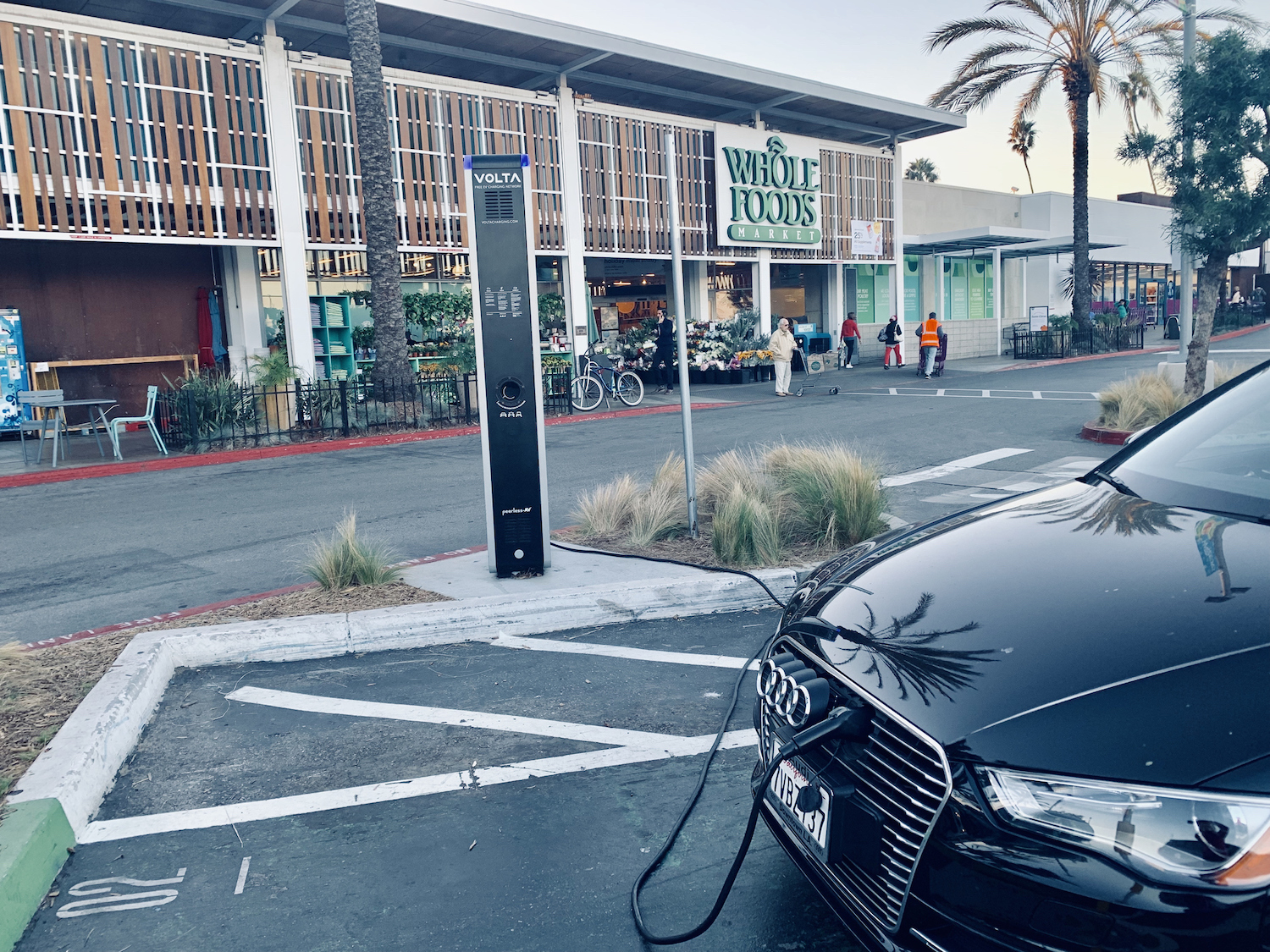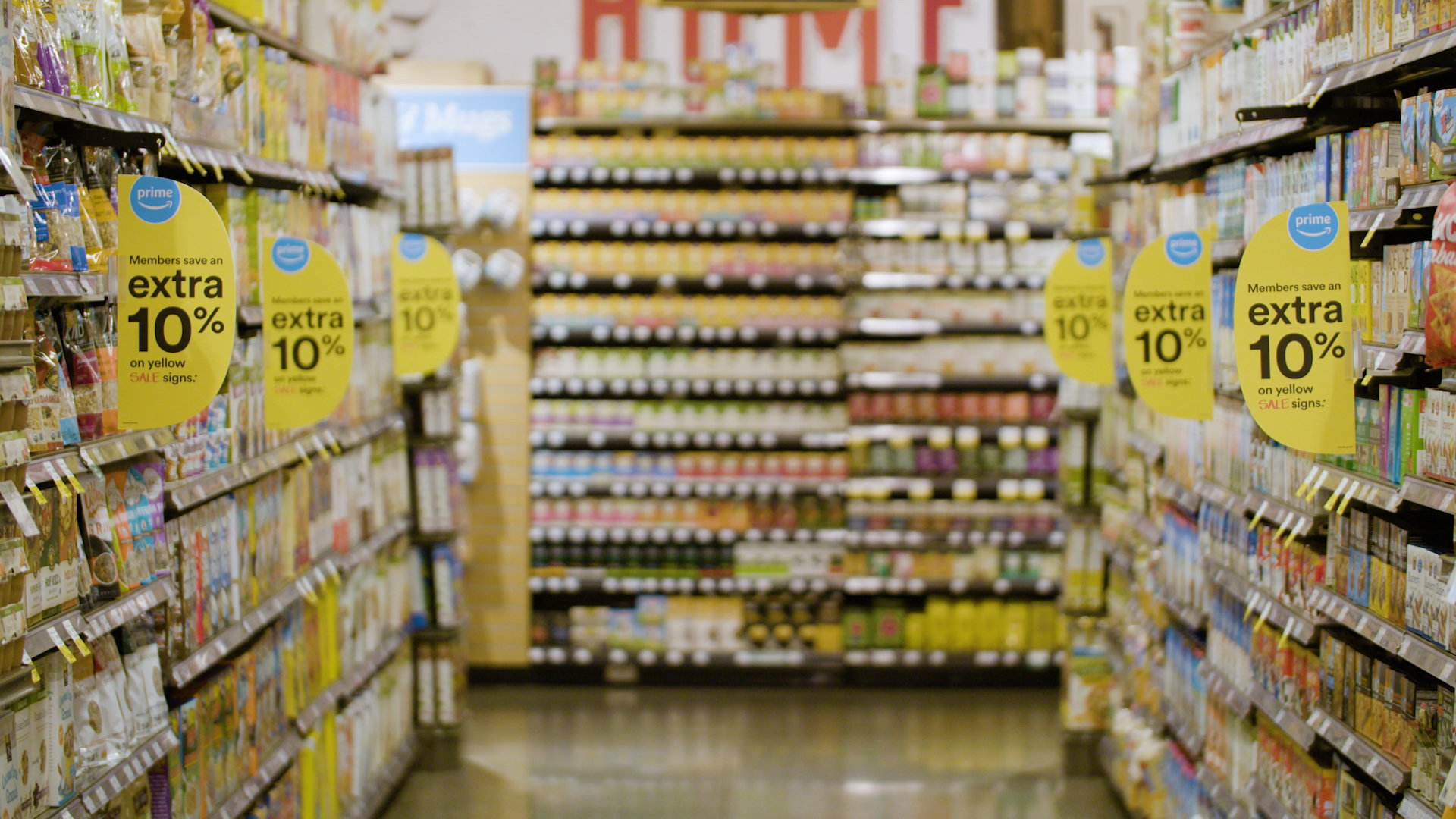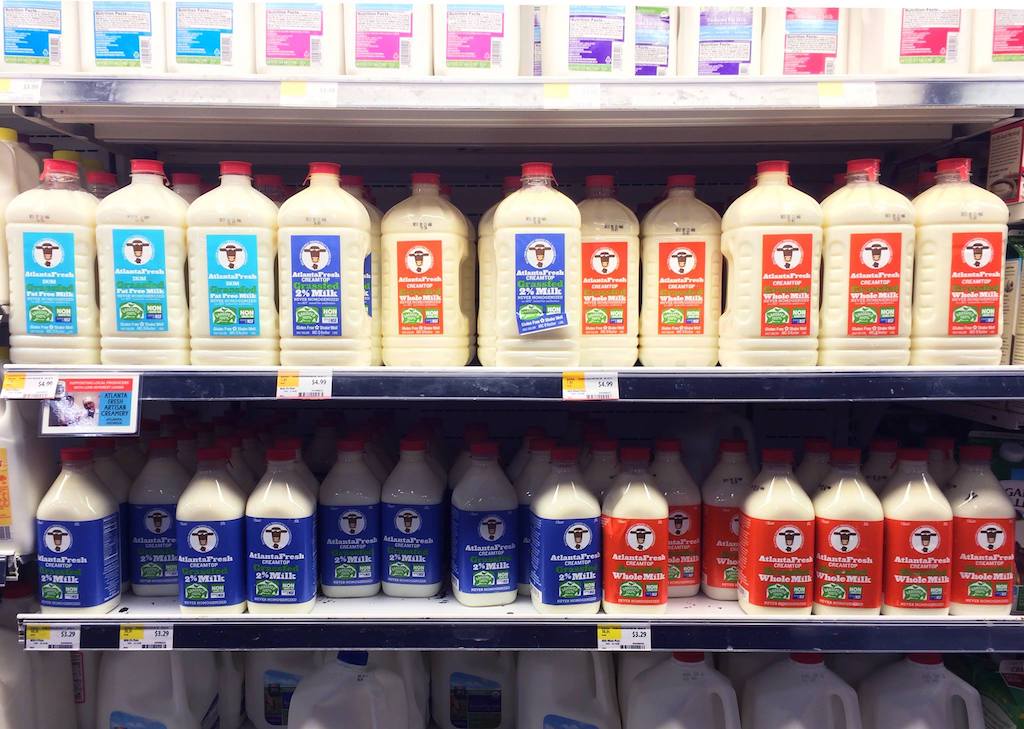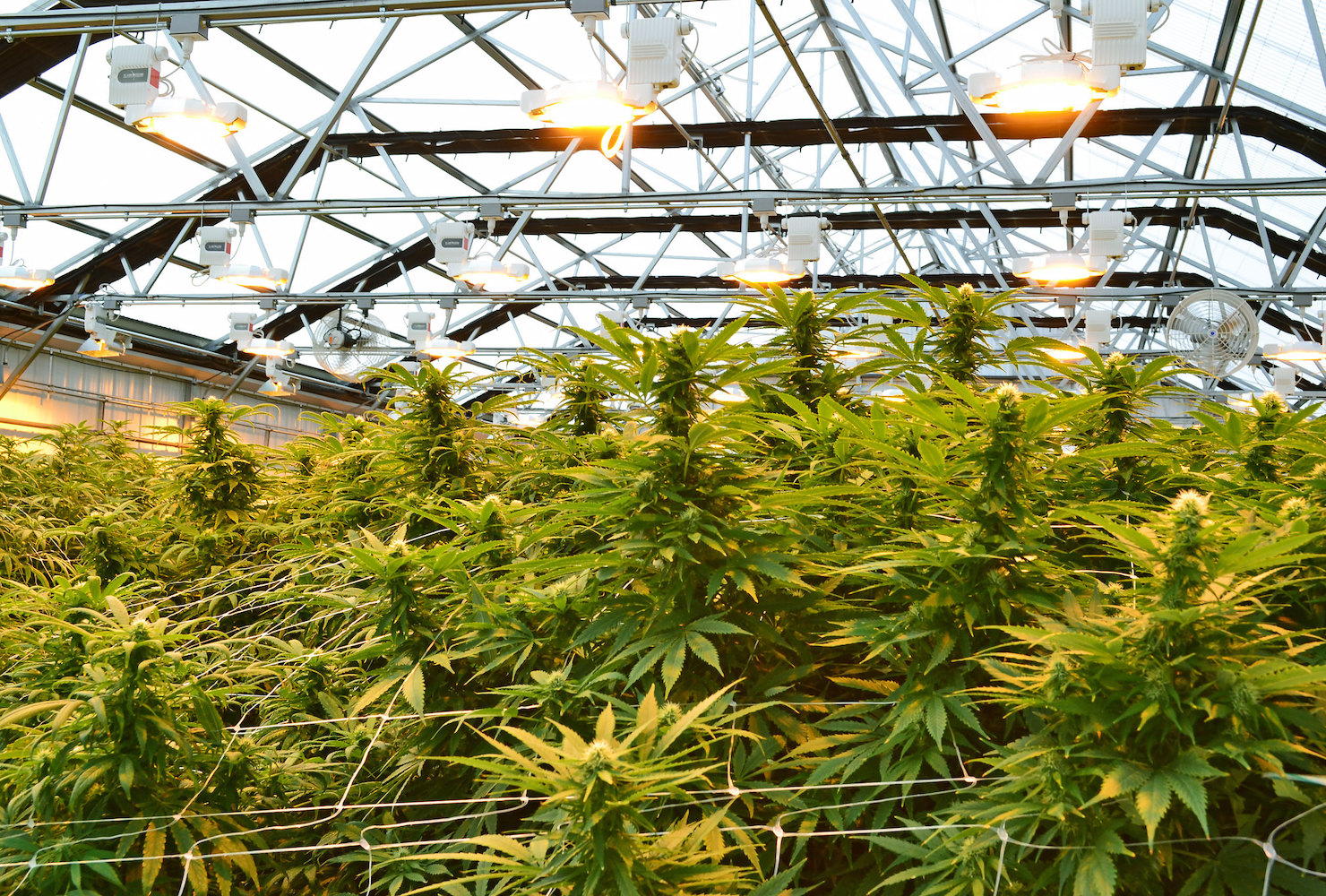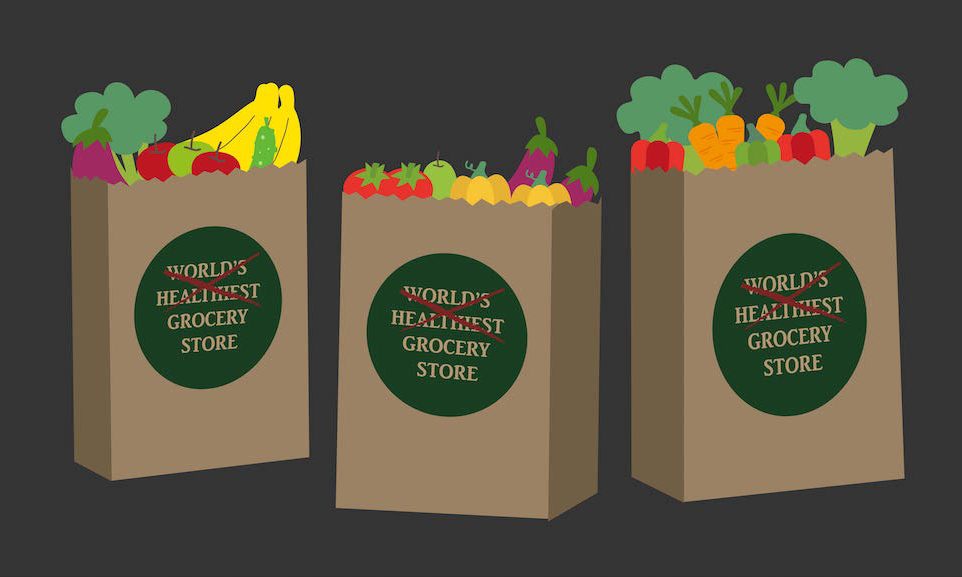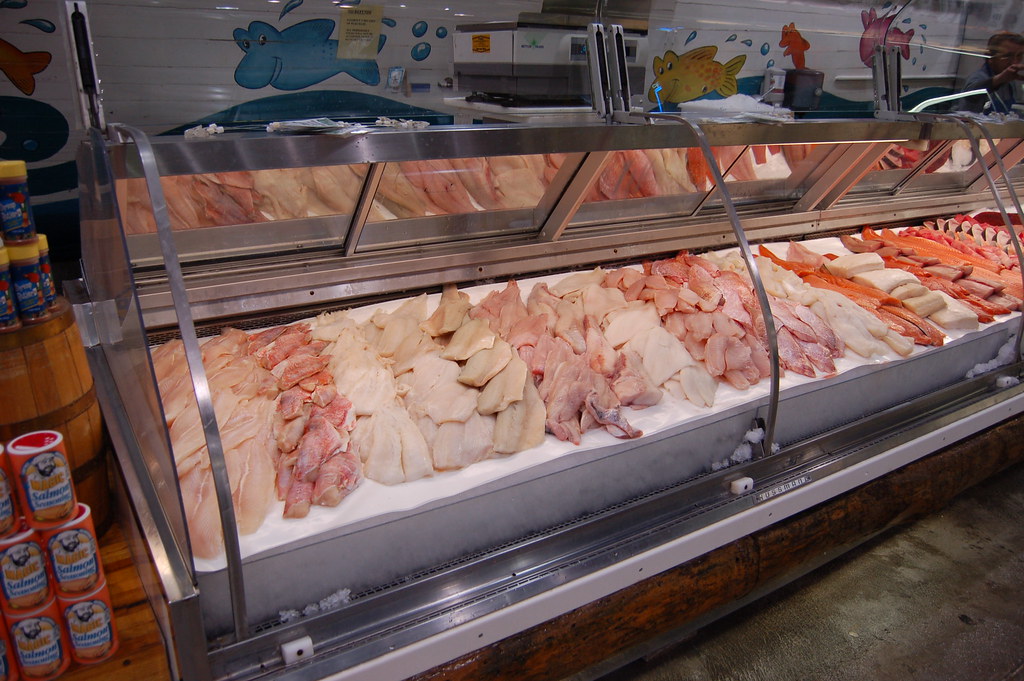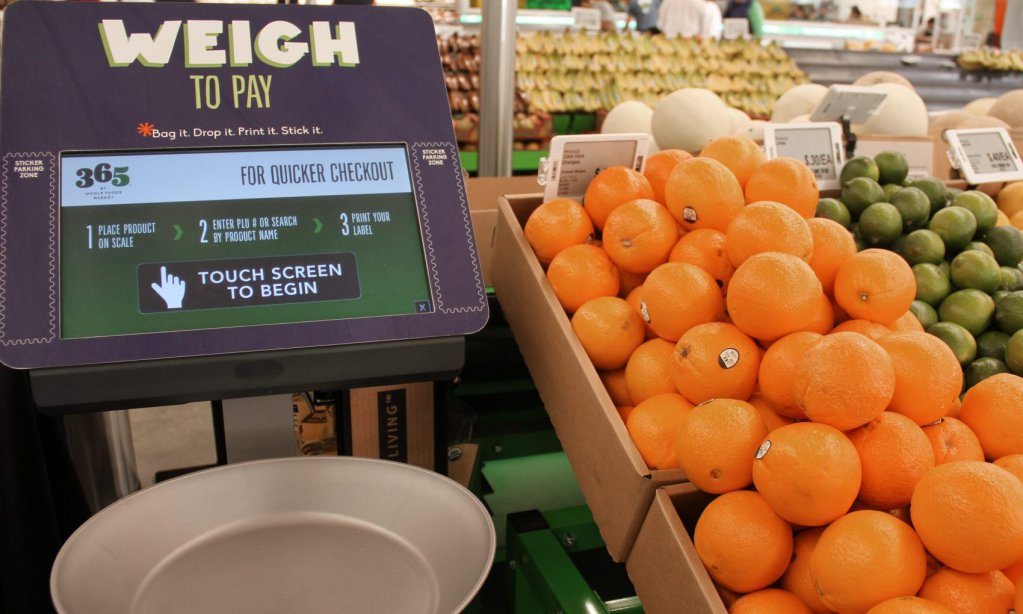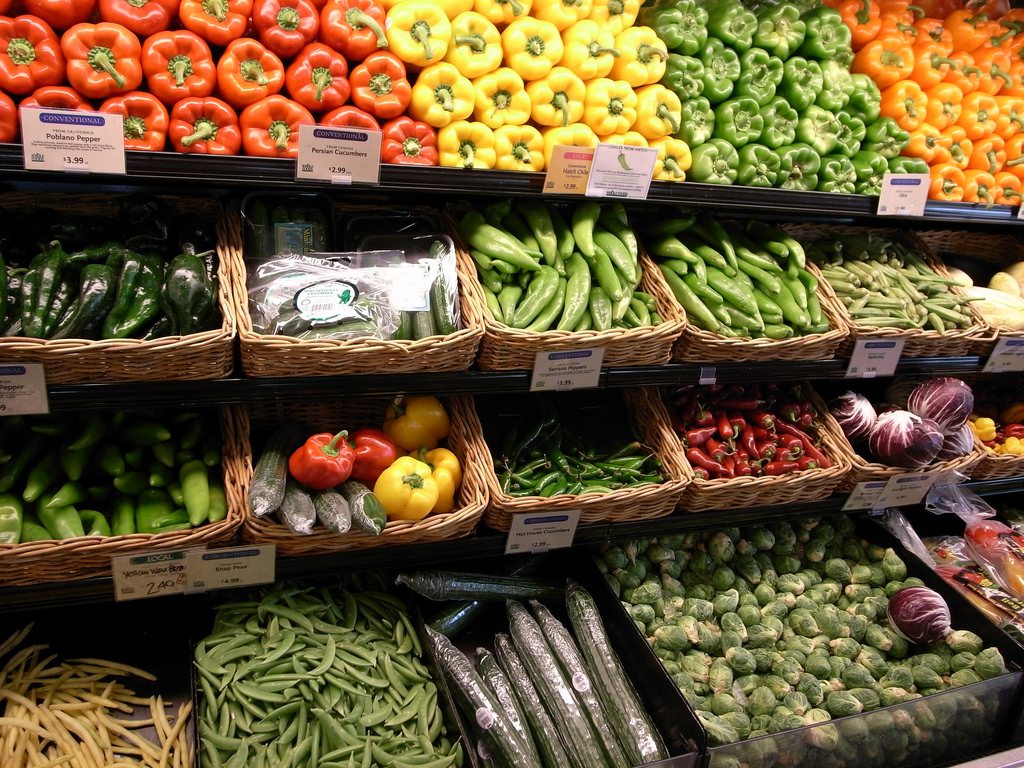This is the web version of a list we publish twice-weekly in our newsletter. It comprises the most noteworthy food stories of the moment, selected by our editors. Get it first here.
Milk, onions, chicken, birth control? Kroger announced last week that it will begin to offer pharmacy-prescribed birth control without a doctor’s appointment. Although this is legal in 12 states and Washington, D.C., most supermarkets that could offer this service don’t. The Lily reports that allowing pharmacists to prescribe birth control pills could make them more accessible, specifically for low-income women. “Twenty years ago, no one was going to CVS or the grocery store to get a vaccination. But somehow, now, that’s the new normal,” said Kate Grindlay Kelly, project director at Free the Pill.
Why this one particular fast-food sandwich is so important. The media phenomenon that is the Popeyes chicken sandwich could be a case study into racial disparities that are systematically ingrained in black communities. GQ lands an important piece about how the craze of the sandwich has highlighted deeper socio-economic issues in historically black communities. Many of these areas are “food swamps” with few healthy food options. The stabbing that took place last week in a Popeyes in Maryland helps fuel an already ‘morbid fascination’ surrounding this story. Writer Aaron Ross Coleman also points out that “the habit of fetishizing and pathologizing what black people put in their mouth is American tradition—and it is most certainly at work in the racialized Popeyes media frenzy.”
Pumpkin milk. The only thing spookier than a menacingly carved pumpkin on Halloween is a methane-releasing pumpkin decaying in the landfill a few days later. In the U.S., such is the sad, wasteful reality of more than one billion pounds of pumpkin each November. Not content to let so many perfectly fine pumpkins go to waste, some dairy farmers have begun churning the decorative gourds into feed for cows. Not only is pumpkin easily digestible for them, but it also helps add nutrients like fiber and folate into their diet. Dairy Reporter has the details.
Not free of charge. “People who buy organic arugula are also the kind of people who are first to adopt electric cars.” This line from a 2-part series in E&E News sums up the synergistic relationship between Whole Foods and the electric car community, as evidenced by the proliferation of charging ports at its stores. This pairing is somewhat fraught, however, as car owners complain about snarled traffic, long waits, and non-shoppers taking advantage of Whole Foods’ gratis charging policy. The horror.
What’s in a name? Unlike General Tso’s chicken, which has no real connection to its namesake, kung pao chicken is named for a real-live person: 19th century Chinese official Ding Baozhen, also known as Gong Bao (a homophone for Kung Pao). Evidently, he was not a nice guy. “After triumphing in the imperial civil service exams, he made a name for himself by quelling various insurrections by local bandits and tribesmen,” writes Fuchsia Dunlop for the Los Angeles Times. The man might’ve suppressed some peasant rebellions, but his signature chicken was to die for. And that’s how legacies are born!
